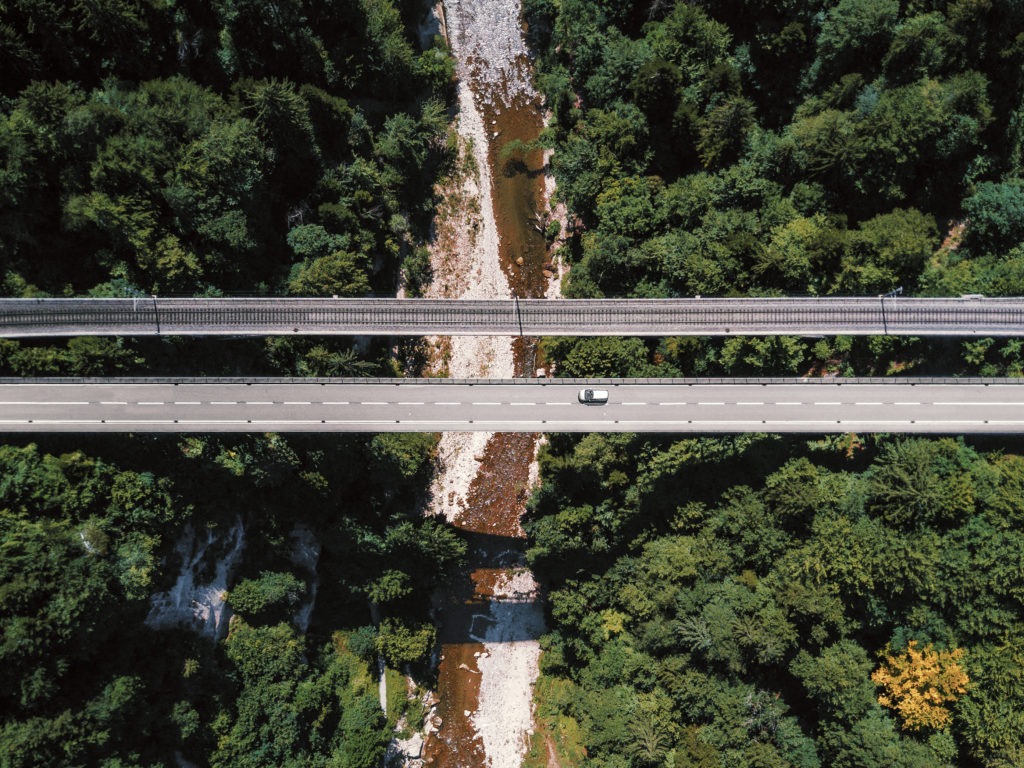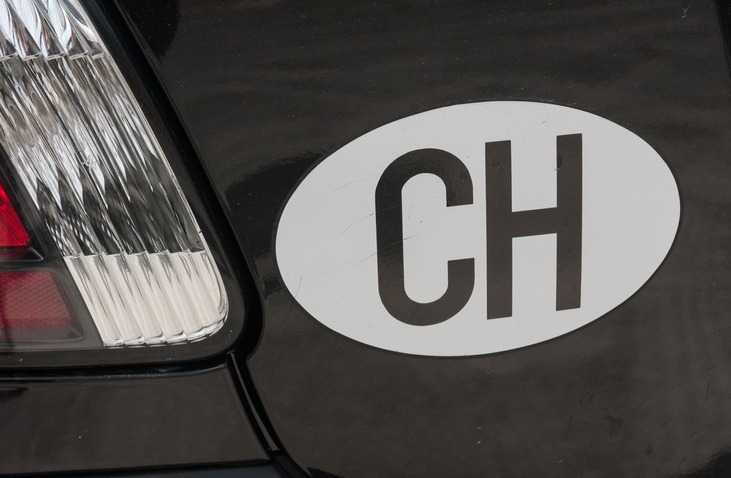Swiss new-car registrations hold up in January as demand for used cars remains stable
18 February 2022

Hans-Peter Annen, head of valuations and insights Switzerland at Eurotax (part of Autovista Group), analyses how the Swiss automotive market is holding up.
The second pandemic-hit year of 2021 is history, and the January figures for 2022 unveil that the new-car markets in Switzerland and Liechtenstein are still in a jam. Since the beginning of the pandemic in spring 2020, new-car transactions have hovered well below pre-COVID19 levels. Despite full order books, a deficit of microchips and raw materials have led to supply bottlenecks, preventing a new-car market recovery.
For the used-car market, the supply situation will play a decisive factor. As long as new-car registrations sit significantly below pre-pandemic levels, the supply of used vehicles will remain scarce and prices will continue to rise. Residual values (RVs) are likely to increase further in the upcoming months before stabilising towards the end of 2022 – provided the used-car supply improves significantly due to a notable rise in new-car registrations.
This predicament is reflected in the latest vehicle-registration figures. In January 2022, 15,899 cars were newly registered, up 5.1% year-on-year – but compared to 2019, transactions were still down 24%. For the first quarter of the new year, only a moderate improvement is in sight. New-car registrations could recover later on if delivery delays are reduced in the long term.
New-car registrations by month: 2019-2022

Stable demand for used cars
The used-car market, on the other hand, has been on a high since the summer months of 2020, and is underpinned by stable demand combined with low supply. In 2020, the number of used-car registrations amounted to 830,634, down slightly by 2.1% and sitting just below the previous year’s figure of 848,100. Additionally, in 2021 used-car registrations inched up by 1.1% to 840,044, almost reaching the same level as 2019.
Used-car registrations by month: 2019-2022

In January 2022, on the other hand, the number of cars changing owners was down to 67,901 vehicles from the previous year’s figure of 68,643, a decline of 1.1%. However, this is not necessarily the beginning of a trend for the remainder of the year. Only the next few months will show whether the volatile new-car market, which has been marked by fewer trade-in vehicles and a shortage of used models over the past two years, will harm the number of changes of ownership. After all, only cars that are available on the market can be sold and exchanged.
Although the supply shortage has not worsened in recent weeks and has instead stagnated at a low level, the volume of active offers on the market is still down 29% when compared to the beginning of February 2020, just before COVID-19 took its toll. Prices for diesel and petrol vehicles have benefited particularly from this deficit, whereas hybrids have profited to a lesser extent. Battery-electric vehicles (BEVs) across all age groups have not made any gains from the price increase.



